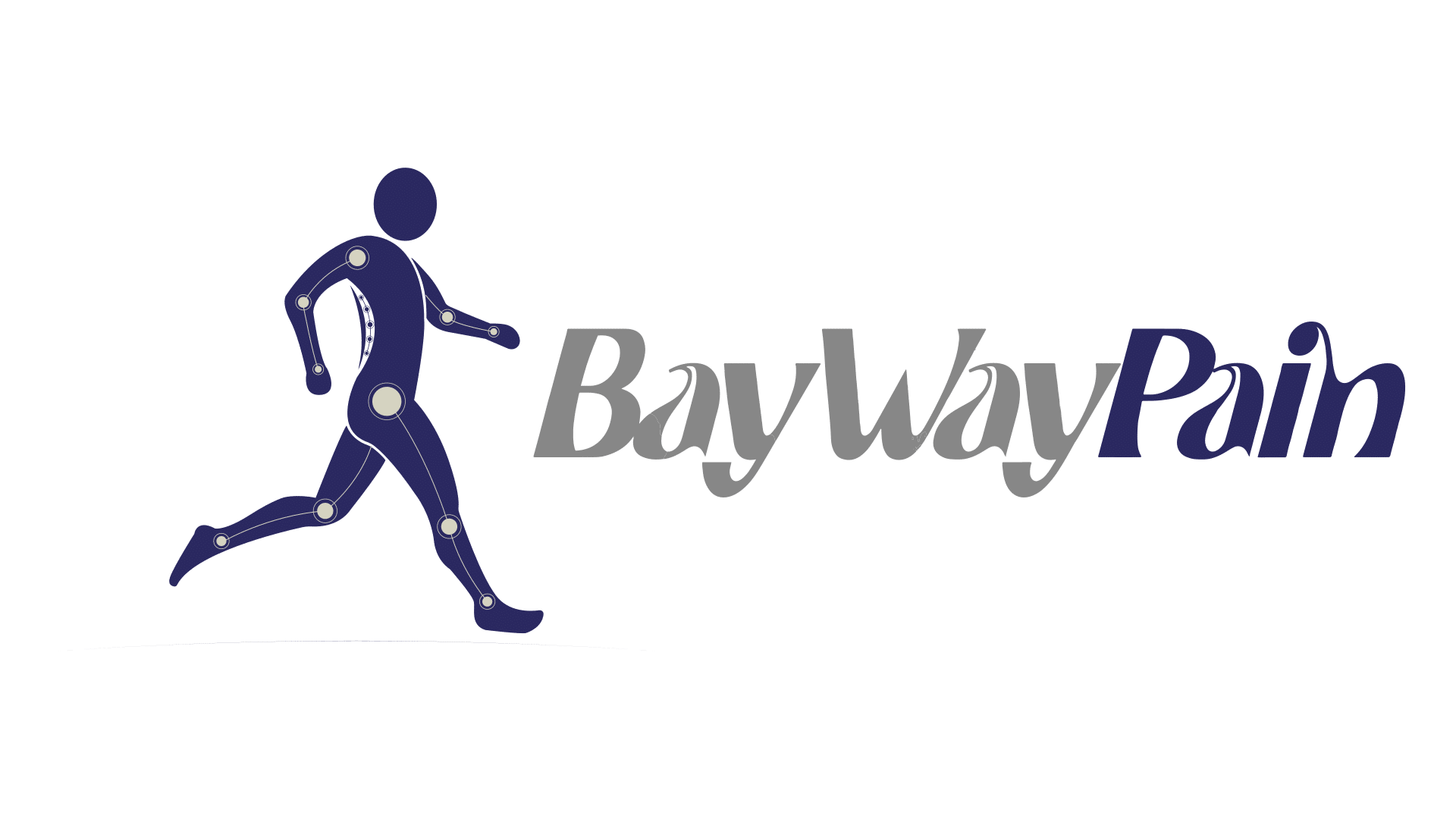It might be difficult to navigate the complicated terrain of pain management in Brooklyn. With so many alternatives, patients often make errors that compromise the quality of their therapy and overall health results. This post will throw light on the ten most frequent errors people make when selecting pain management doctors in Brooklyn, as well as provide insights to help you choose the top pain management doctors in NYC.
1. Failure to verify credentials and experience:
One of the most serious mistakes is failing to fully study a doctor’s credentials and expertise. In a city like New York, where the medical sector is very competitive, it is critical to ensure that your doctor has the necessary training, board certifications, and pain management expertise. Patients should not be afraid to inquire about a doctor’s school history, years of experience, and any specialized training they have had. This information is often available on the clinic’s website or via professional medical boards.
2. Ignoring Specializations:
Pain treatment is a wide discipline with several subspecialties. Patients often make the error of selecting a doctor who does not specialize in treating their particular illness. It is critical to choose a specialist whose area of expertise corresponds to your specific pain management requirements. Some physicians, for example, may specialize in neuropathic pain, whilst others may concentrate on musculoskeletal pain. Choosing a specialist guarantees that you get the most focused and effective therapy possible.
3. Failure to Check Patient Reviews:
Patient reviews may provide useful information about a doctor’s approach, bedside manner, and efficacy. Failure to read these evaluations may lead you to pick a doctor who is not well-liked by their patient base. Reviews on medical websites, clinic pages, and even social media may provide insight into previous patients’ experiences, assisting you in determining the doctor’s reputation and dependability.
4. Failure to Discuss Treatment Options:
Every pain management doctor approaches therapy in a different way. Some may emphasize pharmaceutical management, whilst others may prefer interventional approaches. Understanding a doctor’s treatment philosophy is critical to ensuring that it corresponds to your choices and requirements. It is critical to understand the various treatment choices, their risks and benefits, and how they connect with your specific health objectives.
5. Neglecting Insurance and Financial Considerations:
Healthcare costs are an important consideration. Unexpected charges might result from forgetting to examine whether a doctor takes your insurance or failing to grasp the possible financial consequences of treatment. It is best to check insurance coverage ahead of time and ask about any out-of-pocket expenses. This planning may help you avoid financial stress and keep your focus on rehabilitation and pain management.
6. Ignoring the Value of Communication:
Communication between doctor and patient is critical. Choosing a doctor without first evaluating their capacity to speak properly and compassionately might have a detrimental influence on your treatment experience. A skilled doctor should be able to explain complicated medical concepts in layman’s terms, listen to your concerns, and engage you in decision-making.
7. Failure to consider location and accessibility:
Brooklyn is large, and accessibility to your pain management specialist is critical, particularly for people who have mobility concerns. Choosing a doctor without taking into account the convenience of location might be a huge impediment in your treatment path. To guarantee that attending appointments is not a cause of stress, choose a clinic that is conveniently accessible, whether by public transportation or with suitable parking facilities.
8. Making a Hasty Decision:
Choosing a pain management doctor should not be taken lightly. Making an educated choice requires time to study, consult, and think on your alternatives. It’s critical to evaluate various physicians, get second opinions if required, and be comfortable with your decision. A rash choice might result in subpar care and unhappiness with treatment results.
9. Ignoring Hospital Connections:
The hospital connections of a doctor might attest to their position in the medical community. Patients sometimes disregard this factor, possibly losing out on experts affiliated with prestigious medical institutes. These connections may also be useful if you need more advanced medical procedures or access to a broader choice of healthcare providers.
10. Underappreciating the Value of Personal Comfort:
Finally, you should feel at ease with your doctor. The doctor-patient relationship may not be as productive as it should be if you do not feel comfortable addressing your pain and concerns honestly. Any therapeutic connection must be built on trust and rapport. Your pain management doctor should make you feel listened, appreciated, and understood.
The quality and availability of follow-up treatment is an often-overlooked factor when choosing a pain management practitioner. It is critical for successful pain management to ensure that your doctor offers adequate post-treatment assistance. This includes frequent check-ups, pain monitoring, and any required changes to treatment programs. A doctor who is proactive about follow-up treatment shows a dedication to your long-term health. Integrative and holistic techniques may provide considerable advantages in a sector as dynamic as pain management. Many people forget to ask about complementary treatments such as acupuncture, chiropractic therapy, or mind-body practices, which may supplement established pain management procedures. These therapies may play an important part in holistic healing and may provide relief when traditional treatments fail.
With medical technology growing at such a fast pace, failing to examine a clinic’s usage of new diagnostic and treatment technologies might be a disadvantage. Clinics outfitted with cutting-edge technology may provide more exact diagnosis and novel treatments, resulting in improved results. Inquire about the clinic’s technology and how they improve the treatment procedure.
Patient education is an important element of pain management. Understanding your disease, treatment choices, and how to manage pain at home enables you to be a more empowered patient. A skilled pain management doctor will give you with tools and instruction to assist you become an active participant in your treatment process.
It is critical to understand how a clinic handles crises or severe pain flare-ups. Not all pain management clinics are prepared to handle crises, so knowing your doctor’s availability or the clinic’s policy in such cases is critical for peace of mind.
Investigating a doctor’s or clinic’s success rates in treating comparable diseases to yours might give useful information. High success rates are often indicative of skill and efficient treatment methods. However, it is necessary to view these figures with skepticism, taking into account the complexities and uniqueness of each pain management scenario.
Effective pain management often requires a multidisciplinary approach. A clinic that does not provide a team of experts, such as physical therapists, occupational therapists, and mental health professionals, may restrict the breadth of your therapy. A team approach ensures that all areas of pain are addressed.
Accepting a one-size-fits-all treatment strategy is a typical error. Because each patient’s discomfort is unique, so should their treatment strategy. Rather of presenting a general plan, a skilled pain management specialist would personalize the therapy to your unique requirements and lifestyle.
A well-connected doctor with a large professional network may be a significant asset, particularly if your illness necessitates multidisciplinary consultation or referrals to other experts. Your access to comprehensive treatment may be limited if you do not evaluate the doctor’s network.
Finally, the clinic’s general environment and how comfortable you feel throughout your visits have a huge impact on your treatment experience. A clinic setting that is friendly, quiet, and supportive may have a good influence on your treatment and recovery.
To summarize, selecting the best pain management specialist in Brooklyn requires careful evaluation of a number of aspects. By avoiding these typical blunders, you may be certain that you are in skilled hands, with a doctor who not only knows your pain management requirements but also fits with your particular tastes and circumstances. Remember that finding the appropriate doctor may make a big difference in your quest to pain reduction and better quality of life.

